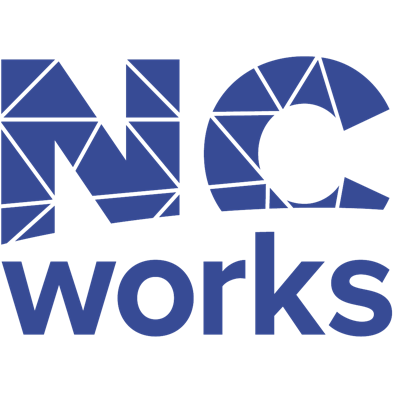Air Conditioning, Heating, and Refrigeration Technology (Continuing Education)
HVAC technicians are in high demand to build, install, and maintain our constantly evolving systems, and experts predict the demand for HVAC technicians will only rise through 2026. The Bureau of Labor Statistics specifically predicted a growth of 21% in the field between 2012 and 2022.
Employment Opportunities
You can own your own business or work for an HVAC contractor (most HVAC techs are employed by plumbing, heating, and air-conditioning contractors*). Other options include teaching at trade schools or working in retail or wholesale trade. Future job opportunities may include: working as an energy auditor, green technology specialist, or conducting equipment performance testing. HVAC is an exciting field! If you want steady work with good pay and plenty of opportunities for advancement, consider training in an HVAC-related field.
Search Upcoming CoursesProgram Overview
Intro to Refrigeration
This course introduces the basic refrigeration process uses in mechanical refrigeration and air conditioning systems. Topics include terminology, safety, and identification and function of components; refrigeration cycle; and tools and instrumentation used in mechanical refrigeration systems. Upon completion, students should be able to identify refrigeration systems and components, explain the refrigeration process, and use the tools and instrumentation of the trade.
Students will earn their EPA certification.
EPA Certification Card: $45
Intro to HVAC Residential Design
This course introduces the principles and concepts of conventional residential heating and cooling system design. Topics include heating and cooling load
estimating, basic psychometrics, equipment selection, duct system selection, and system design. Upon completion, students should be able to design a basic residential heating and cooling system.
Students will earn a J-1 certification (duct installation).
Mini Code Book: $75 Exam: $25
HVACR Electricity
This course introduces electricity as it applies to HVACR equipment. Emphasis is placed on power sources, interaction of electrical components, wiring of simple circuits, and the use of electrical test equipment. Upon completion, students should be able to demonstrate good wiring practices and the ability to read simple wiring diagrams.
Students will earn an OSHA 10 certification.
Certification Card: $8 (Cash only)
Heating/Heat Pump Technology
This course covers the fundamentals of heating including gas, and electric heating systems. This course will also cover the principles of air source and water source heat pumps. Emphasis is placed on safety, efficiency testing, electrical power, and control systems, modes of operation, defrost systems, refrigerant charging, and system performance. Upon completion, students should be able to explain the basic gas, and electrical heating system, and understand and analyze system performance and perform routine service procedures.
Students will earn a J-2 certification (gas piping).
Certification cost: $25


